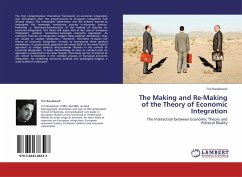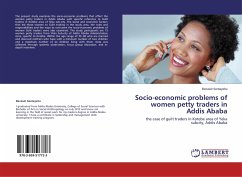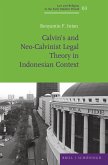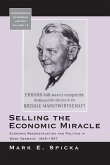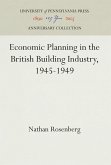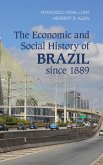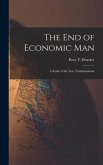The first comprehensive theoretical framework on economic integration was formulated after the actual process of European integration had already begun. This remarkable observation was the primary impulse to investigate this seemingly reactionary process in economic science. Following a historical reconstruction of the making of theories on economic integration, this thesis will argue that in the case of European integration political motivations outweigh economic arguments. As economic theories on integration neglect these political motivations, they are unable to explain integration. Therefore, this thesis re-makes the theory of economic integration in order to incorporate these political motivations. A constructivist approach will reveal itself as the most fruitful approach to bridge political and economic theories in the context of economic integration. A basic methodology of how to conduct such an approach is presented in the final chapter.This thesis can be of interest to any whom is interested in the complex process of European economic integration. By combining economic, political and sociological insights, a wide audience is adressed.
Bitte wählen Sie Ihr Anliegen aus.
Rechnungen
Retourenschein anfordern
Bestellstatus
Storno

